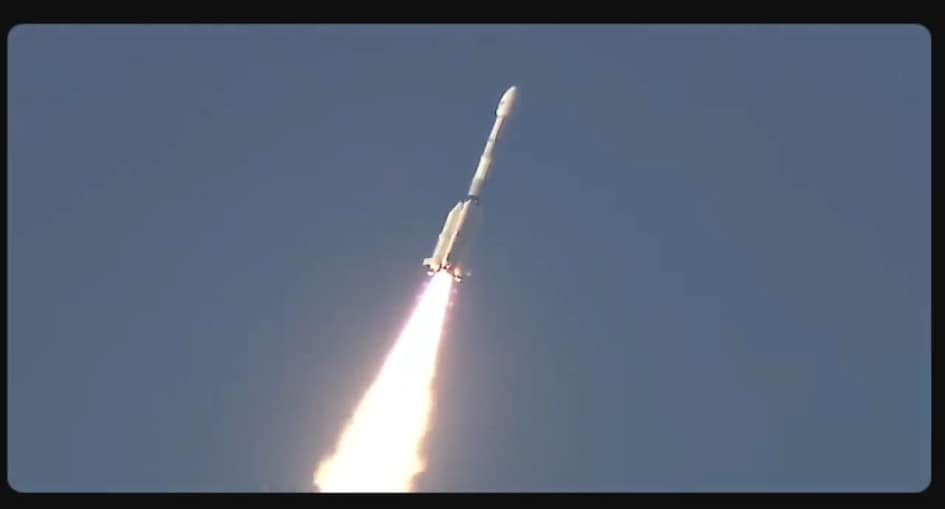
The Indian Space Research Organisation (ISRO) has embarked on India’s first analog space mission in Leh, Ladakh, a major milestone for the country’s space exploration aspirations. Conducted by ISRO’s Human Spaceflight Centre, the mission involves collaboration with AAKA Space Studio, the University of Ladakh, IIT Bombay, and support from the Ladakh Autonomous Hill Development Council.
This initiative aims to replicate the extreme conditions of interplanetary habitats, aiding scientists in studying the feasibility of creating a sustainable base beyond Earth. Announcing the mission on the social media platform X, ISRO shared, “India’s first analog space mission kicks off in Leh!” The simulation focuses on understanding life in interplanetary environments, a crucial step in addressing the challenges of extraterrestrial exploration.

Ladakh’s isolated, dry, and high-altitude terrain closely resembles the harsh conditions found on Mars and the Moon, making it an ideal testing ground. This unique environment provides valuable data that will contribute to India’s Gaganyaan mission and other future endeavors.
Dr. Aloke Kumar, a prominent Indian scientist, initially proposed Ladakh as a prime location for analog space research, noting its similarities to Martian and lunar conditions.
NASA describes analog missions as field tests conducted in remote Earth regions to mimic space environments. These simulations allow scientists to study human and robotic responses to the extreme conditions of space.
Analog missions are crucial for testing technology, habitats, communication systems, and other equipment necessary for extraterrestrial missions. Additionally, they provide insight into how isolation, confinement, and team dynamics affect behavior—essential considerations for extended deep-space missions.
With test sites around the world, from deserts to volcanic landscapes, these analog missions play a key role in preparing humanity for future deep-space exploration.





